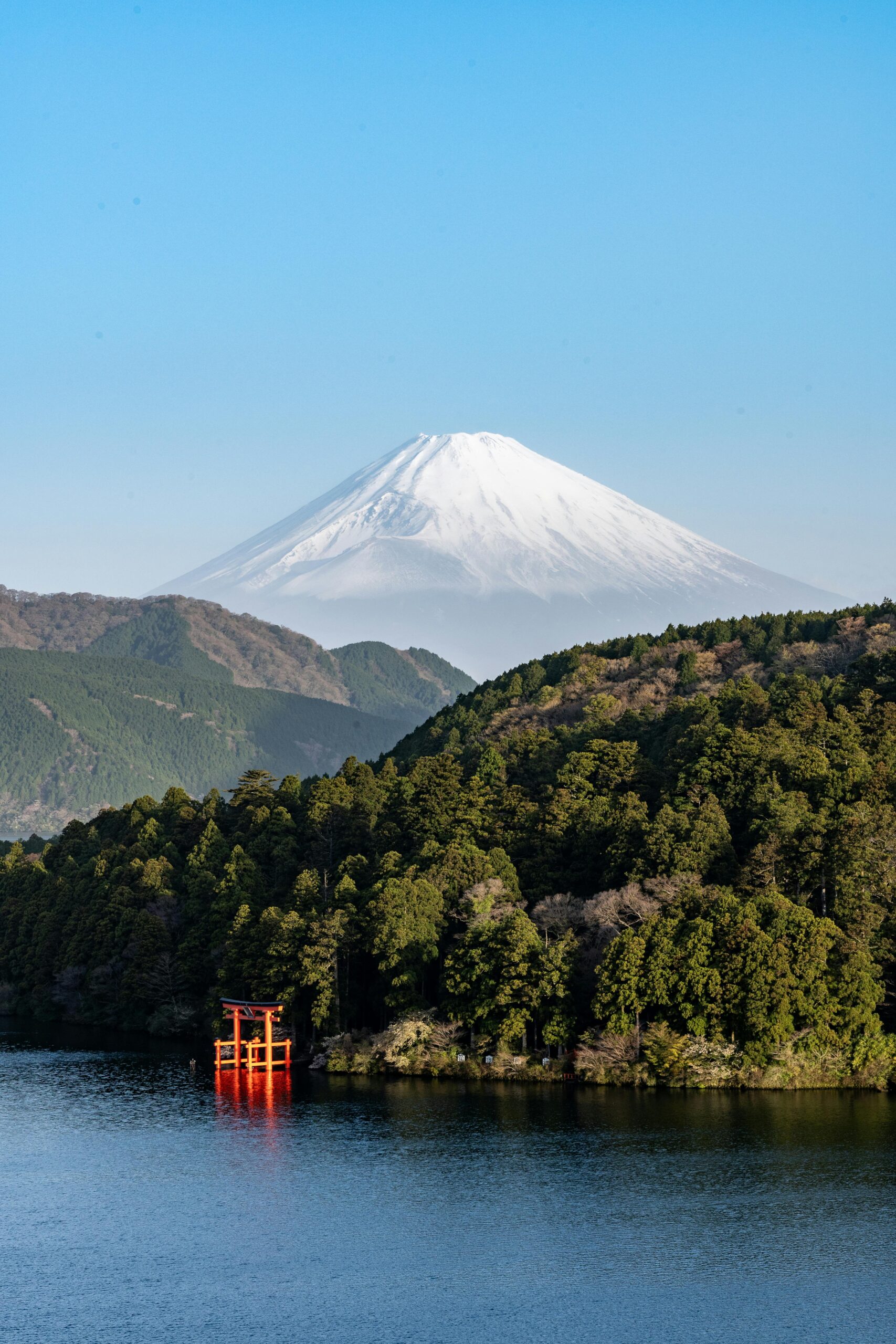Discovering Hakone: Japan’s Mountainous Escape
Nestled in the Fuji-Hakone-Izu National Park, just 90 minutes from Tokyo, Hakone is a sanctuary where nature, culture, and relaxation converge. Renowned for its hot springs, panoramic views of Mount Fuji, and rich artistic heritage, this volcanic region has captivated travelers for centuries. Once a critical checkpoint on the historic Tokaido road, Hakone now offers a blend of traditional charm and modern allure. Whether soaking in an onsen (hot spring), cruising Lake Ashi, or exploring open-air museums, visitors are immersed in an atmosphere of tranquility and discovery. This article delves into Hakone’s geothermal wonders, cultural gems, outdoor adventures, and timeless hospitality, revealing why it remains a must-visit destination for those seeking respite from urban life.
Volcanic Landscapes and Geothermal Marvels
Hakone’s identity is rooted in its volcanic terrain. The Owakudani Valley, formed by Mount Hakone’s last eruption 3,000 years ago, showcases steaming sulfur vents and bubbling hot springs. Here, visitors can taste kuro-tamago—eggs boiled in sulfuric waters, believed to add years to one’s life. The region’s geothermal activity fuels countless onsen, ranging from secluded outdoor baths to luxurious resort spas. A ride on the Hakone Ropeway offers aerial views of this dynamic landscape, including glimpses of Mount Fuji on clear days. This interplay of earth’s raw power and serene beauty defines Hakone’s natural allure.
Art, History, and Spiritual Retreats
Beyond nature, Hakone thrives as a cultural hub. The Hakone Open-Air Museum blends art with environment, featuring sculptures by Picasso and Henry Moore against mountainous backdrops. History echoes at the Hakone Checkpoint, a meticulously restored Edo-era station that once monitored travelers on the Tokaido route. Spiritual seekers find solace at Hakone Shrine, a 1,200-year-old Shinto site nestled by Lake Ashi, its iconic red torii gate rising from the water. These sites reflect Hakone’s role as a crossroads of creativity, governance, and faith.
The Onsen Experience: Healing Waters and Ryokan Hospitality
No visit to Hakone is complete without indulging in its onsen culture. The mineral-rich waters, believed to alleviate ailments, are enjoyed in settings from rustic public baths to private ryokan inns. Staying at a ryokan offers a taste of Japanese tradition:
- Multi-course kaiseki meals showcasing seasonal ingredients
- Tatami-matted rooms with futon bedding
- Yukata robes for leisurely strolls through garden courtyards
This fusion of wellness and hospitality epitomizes Hakone’s timeless appeal.
Adventure and Tranquility: Balancing Exploration and Relaxation
Hakone’s diverse terrain invites both adventure and repose. Hikers traverse the Old Tokaido Trail or ascend Mount Kintoki, while boat cruises on Lake Ashi provide serene vistas. Afterward, unwinding in an onsen or sipping matcha at a lakeside café offers moments of reflection. The Hakone Free Pass—a travel ticket covering trains, buses, and boats—ensures seamless exploration. This balance of activity and stillness allows visitors to craft a personalized journey, whether seeking adrenaline or zen.
Hakone: A Tapestry of Nature and Tradition
From its volcanic valleys to its artistic treasures, Hakone is a microcosm of Japan’s contrasts. It invites travelers to soak in therapeutic waters, wander forest trails, and connect with centuries of history. Whether framed by cherry blossoms in spring or fiery autumn foliage, the region’s beauty is ever-evolving yet enduring. Hakone’s magic lies in its ability to offer both escape and immersion—a place where the modern world fades, replaced by the whispers of ancient forests and the warmth of mineral springs. For those yearning to experience Japan’s soul beyond its cities, Hakone awaits.
